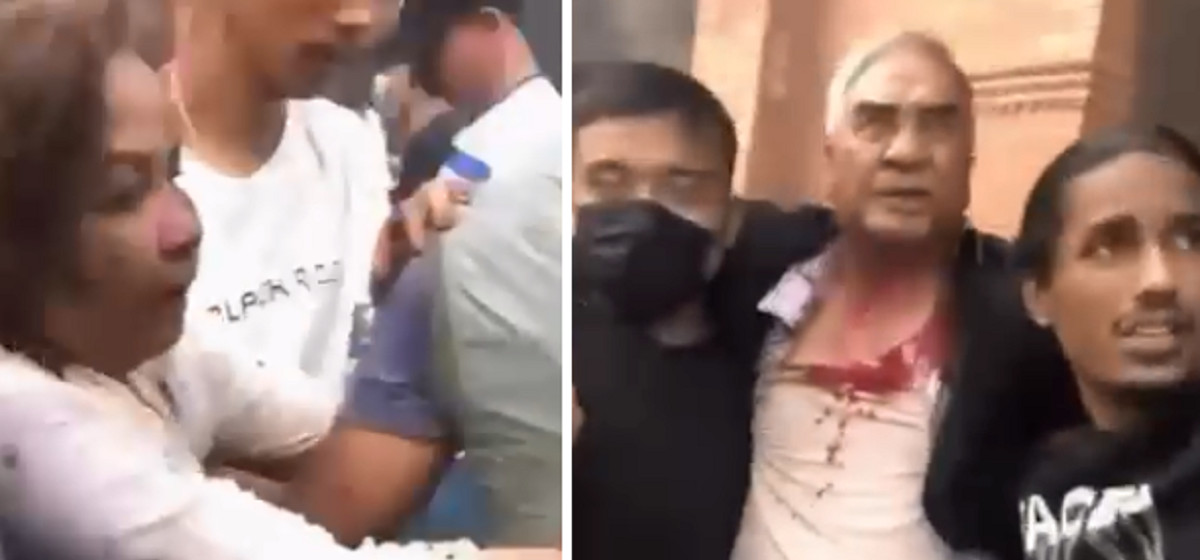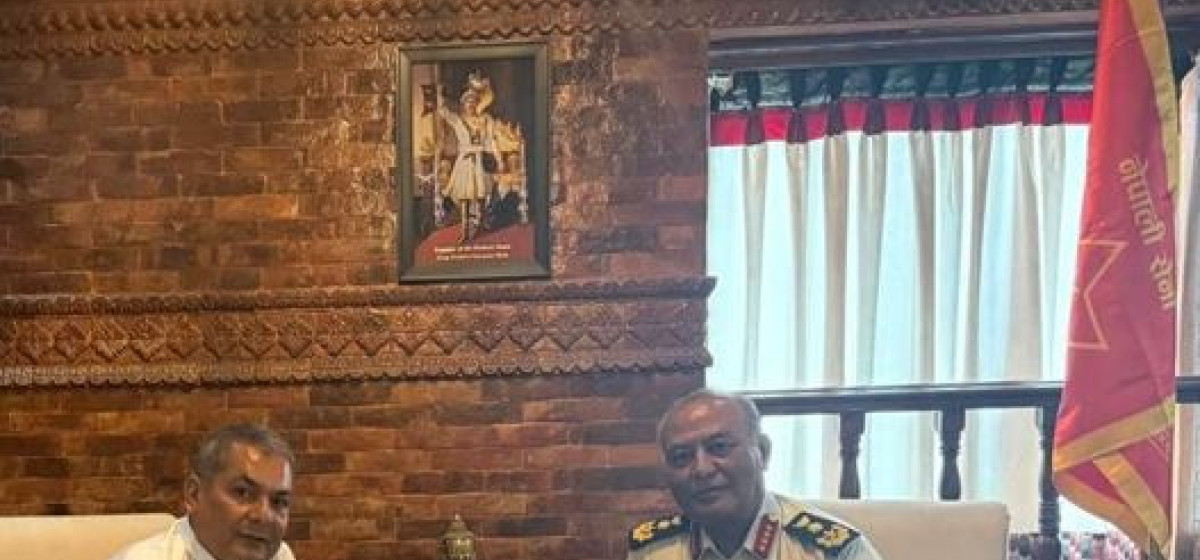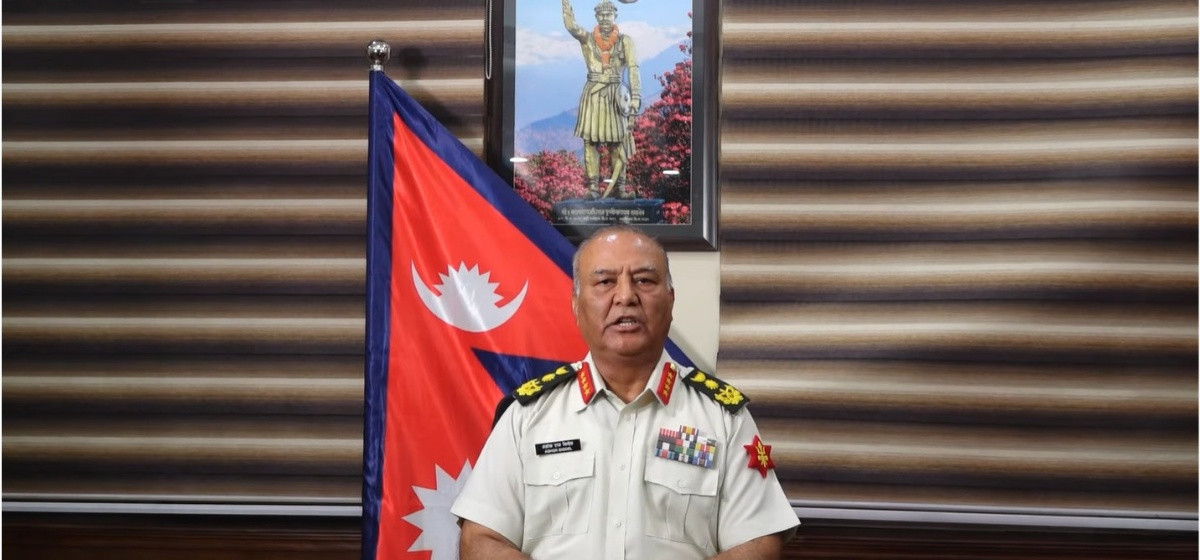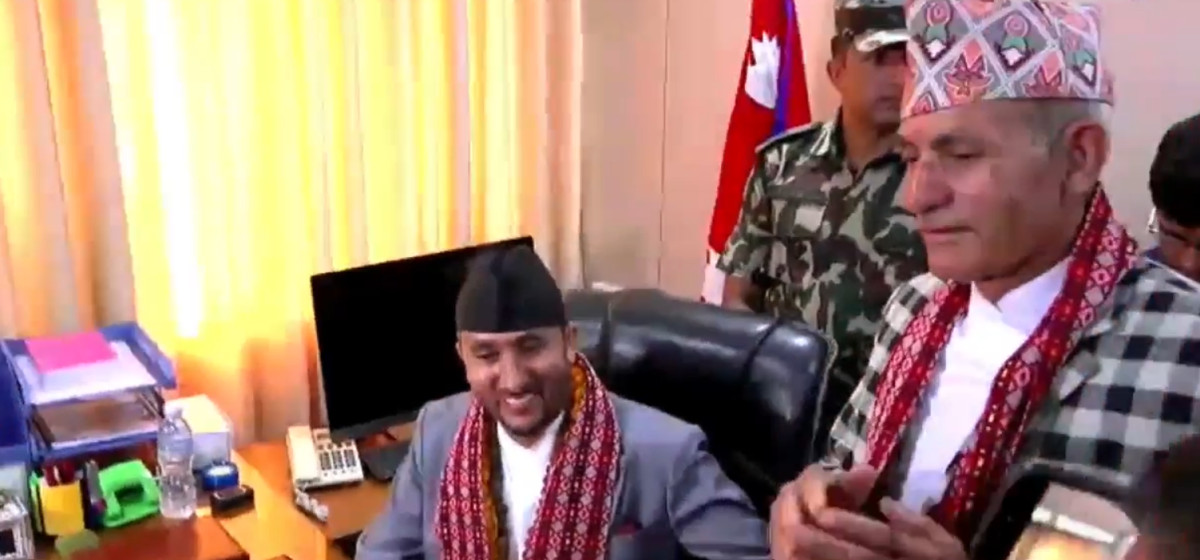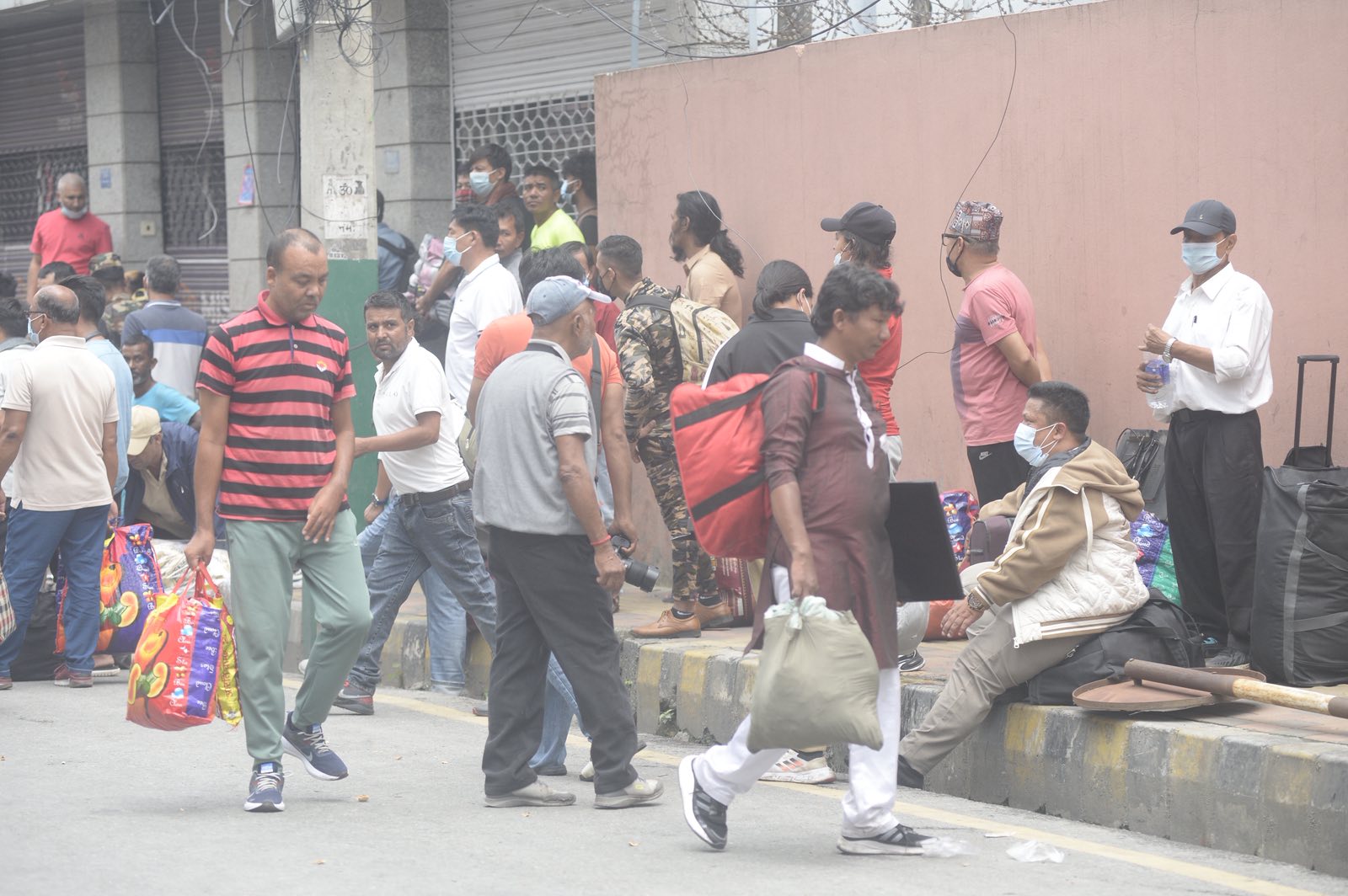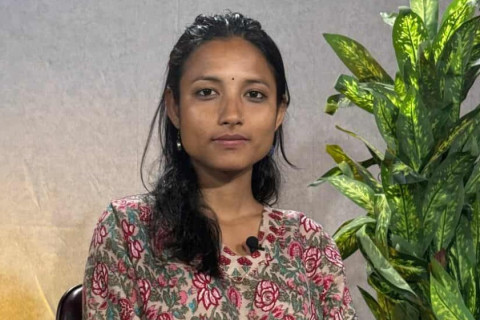KATHMANDU, Sept 9: As the Gen Z protests continue to escalate nationwide, the Nepali Army has begun internal deliberations on deployment of army personnel. Following the National Security Council meeting held on Monday evening, the army has been securing vital state structures including the Parliament building, while also discussing broader security measures, according to Army Spokesperson Brigadier General Rajaram Basnet.
The recent wave of protests, sparked by government repression, has resulted in widespread arson and vandalism. Police and Armed Police Force (APF) personnel are struggling to contain the situation, with multiple attacks reported on police posts in Kathmandu. Basnet confirmed that the army is seriously engaged in deliberations as law enforcement agencies alone are unable to control the unrest.
Nepal’s Constitution outlines army deployment under Article 267 in two ways. First, under Sub-Article 4, the army can be deployed for development work, disaster management or other federal law functions. Second, under Sub-Article 6, the President may authorize deployment based on the National Security Council’s recommendation and cabinet decision in cases of war, external aggression, armed rebellion, or severe economic disruption.
PM Oli resigns amid escalating protest by Gen Z youths

The Constitution also designates the President as the supreme commander of the Nepal Army.
Currently, the Tribhuvan International Airport is under army control as a precautionary measure. Ruling party leaders argue that, given the ongoing unrest and threat to public safety, deployment under Article 267(4) or 267(6) is constitutionally justified.







